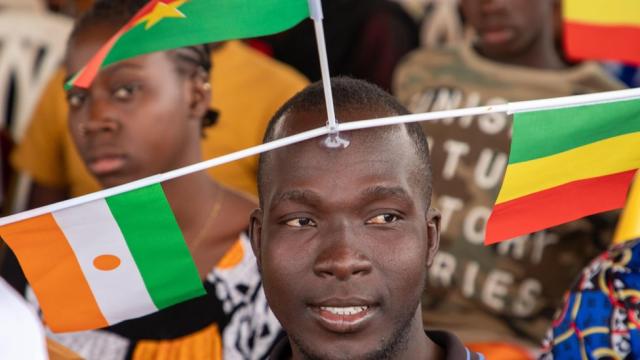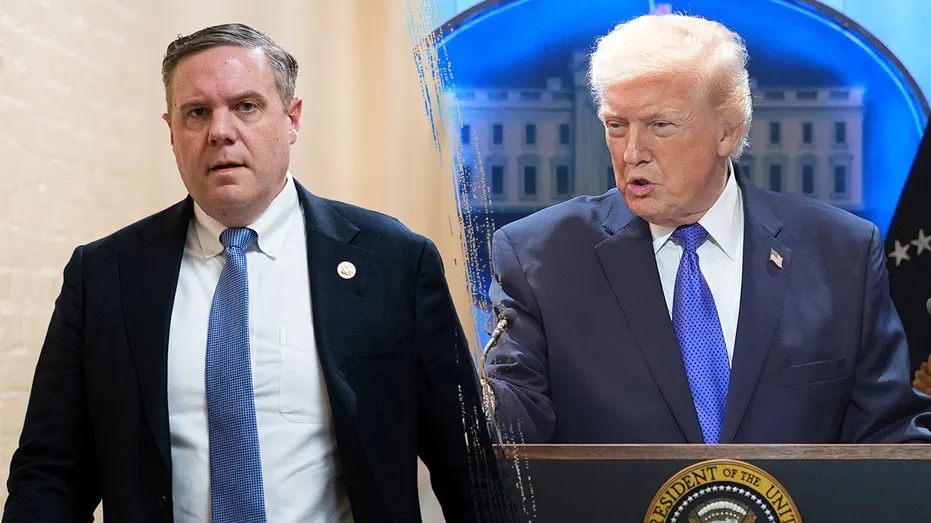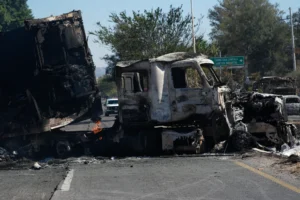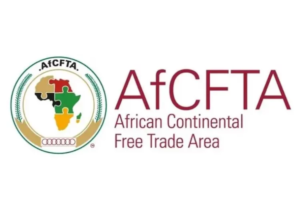Three West African nations, all governed by military juntas, have announced their collaboration in creating a joint force to counteract the threats posed by jihadist elements. Niger, Mali, and Burkina Faso unveiled this collective effort after discussions held in the Nigerien capital, Niamey. Although the operational details, such as the force’s size, were not specified, Niger’s army chief, Moussa Salaou Barmou, declared their intention to make it operational as swiftly as possible. In the past year, groups affiliated with both Islamic State and al-Qaeda have been responsible for numerous casualties in the region.
The military governments of these three nations have notably strengthened their alliance in recent months. In September of the previous year, they established a mutual defense pact, the Alliance of Sahel States (AES), opting out of the G5 international force designed to combat Islamist threats in the region. Despite assurances from the military regimes to address the long-standing conflict with jihadist groups, violence in West Africa’s Sahel region has escalated in recent years.
The three nations have all severed their connections with France, their former colonial power, which had maintained a robust military presence in the Sahel region for many years. Additionally, the UN peacekeeping mission in Mali, known as Minusma, in operation for over a decade, was directed by the respective country’s leadership to withdraw “without delay” and successfully completed its exit in December.
As an alternative, the military regimes have bolstered their ties with Russia, stepping in to fill the vacuum left by France’s departure. Furthermore, they declared their departure from the West African economic bloc, Ecowas. Having previously been suspended from the bloc, which consistently urged a swift return to democratic governance, the military regimes faced travel and economic sanctions. Some of these sanctions were recently lifted or eased last month as Ecowas advocated for diplomatic dialogue.



























